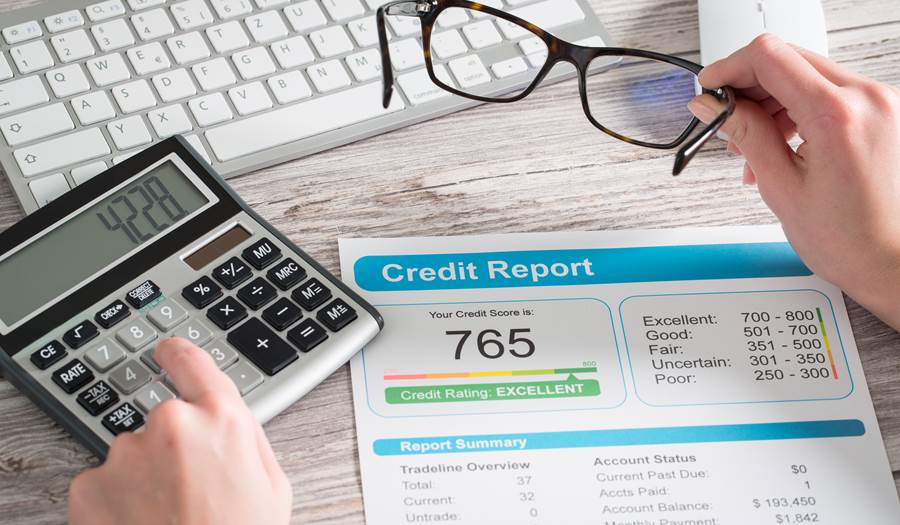
Real Ways to Increase Your Credit Score
2/28/2025
Your credit score plays a major role in your financial health, affecting your ability to secure loans, get favorable interest rates, and even rent an apartment. If your score isn’t where you’d like it to be, don’t worry, there are real, practical steps you can take to improve it. While there’s no quick fix, consistent good habits will help raise your score over time.
1. Check Your Credit Report for Errors
Mistakes on your credit report can lower your score without you even realizing it. You’re entitled to a free credit report every 12 months from each of the three major credit bureaus (Experian, Equifax, and TransUnion) at AnnualCreditReport.com.
Look for errors such as accounts that don’t belong to you, incorrect balances or late payments, or old debts that should have been removed. If you find errors, dispute them with the credit bureau to have them corrected.
2. Pay Your Bills on Time—Every Time
Your payment history makes up 35% of your credit score, making it the most important factor. Even one late payment can cause a significant drop in your score. To stay on track with your payments set up automatic payments or calendar reminders so you never miss a payment. If you’ve missed a payment, pay it as soon as possible—your score will recover faster if you don’t let it go to collections. If you’re struggling to pay bills, contact creditors to see if you can set up a payment plan.
3. Get Help from a Credit Counseling Agency
If managing debt feels overwhelming, a nonprofit credit counseling company like Navicore can provide expert guidance. Credit counselors can help you create a budget and repayment plan, provide free financial education to help you understand your credit report, and when appropriate enroll you in a debt management plan (DMP), which can help lower interest rates and consolidate payments.
4. Reduce Your Debt Load
A factor influencing your credit score is your credit utilization ratio—the percentage of your available credit that you’re using. A high credit utilization ratio can drag down your score. Aim to keep your utilization below 30%, and if possible, below 10% for the best results.
Ways to reduce your debt load include paying more than the minimum balance on your credit cards each month. Focus on paying off one debt at a time, putting all of your extra cash towards that debt. Obviously, you must continue to make the minimum payments on your other debts as you pay down this first debt. Try to pay down high-interest debt first (the avalanche method) or, if that feels overwhelming, start with the smallest balance for a quick win (the snowball method).
Avoid taking on new debt unless absolutely necessary.
5. Increase Your Available Credit Limit
Another way to improve your credit utilization ratio is by increasing your available credit—but only if you can do so responsibly. If you increase your credit limit but keep your spending the same, your credit utilization will decrease, which can help boost your score.
Request a credit limit increase from your current card issuer. Many will grant it if you have a good payment history. Alternatively, apply for a new credit card (but avoid doing this too often, as multiple applications in a short time can hurt your score). If you do decide to get an additional credit card, be wary of feeling the need to use it unnecessarily. Remember, the point of this extra available credit is to increase your available credit and subsequently drive your credit utilization ratio down.
6. Be Patient and Avoid Credit Repair Scams
Raising your credit score takes time and consistent effort. There’s no magic trick to boost it overnight, so be wary of companies promising instant results. Stick to reputable sources—nonprofit credit counseling agencies, government websites, and major credit bureaus—for accurate financial advice.
By reducing debt, making timely payments, checking your credit report for errors, and using credit responsibly, you’ll set yourself on a path to a stronger financial future. Stay committed, and over time, you’ll see real improvements in your credit score!
Lori Stratford is the Digital Marketing Manager at Navicore Solutions. She promotes the reach of Navicore's financial education to the public through social media and blog content.
You can follow Navicore Solutions on Facebook, X, LinkedIn and Pinterest. We'd love to connect with you.
